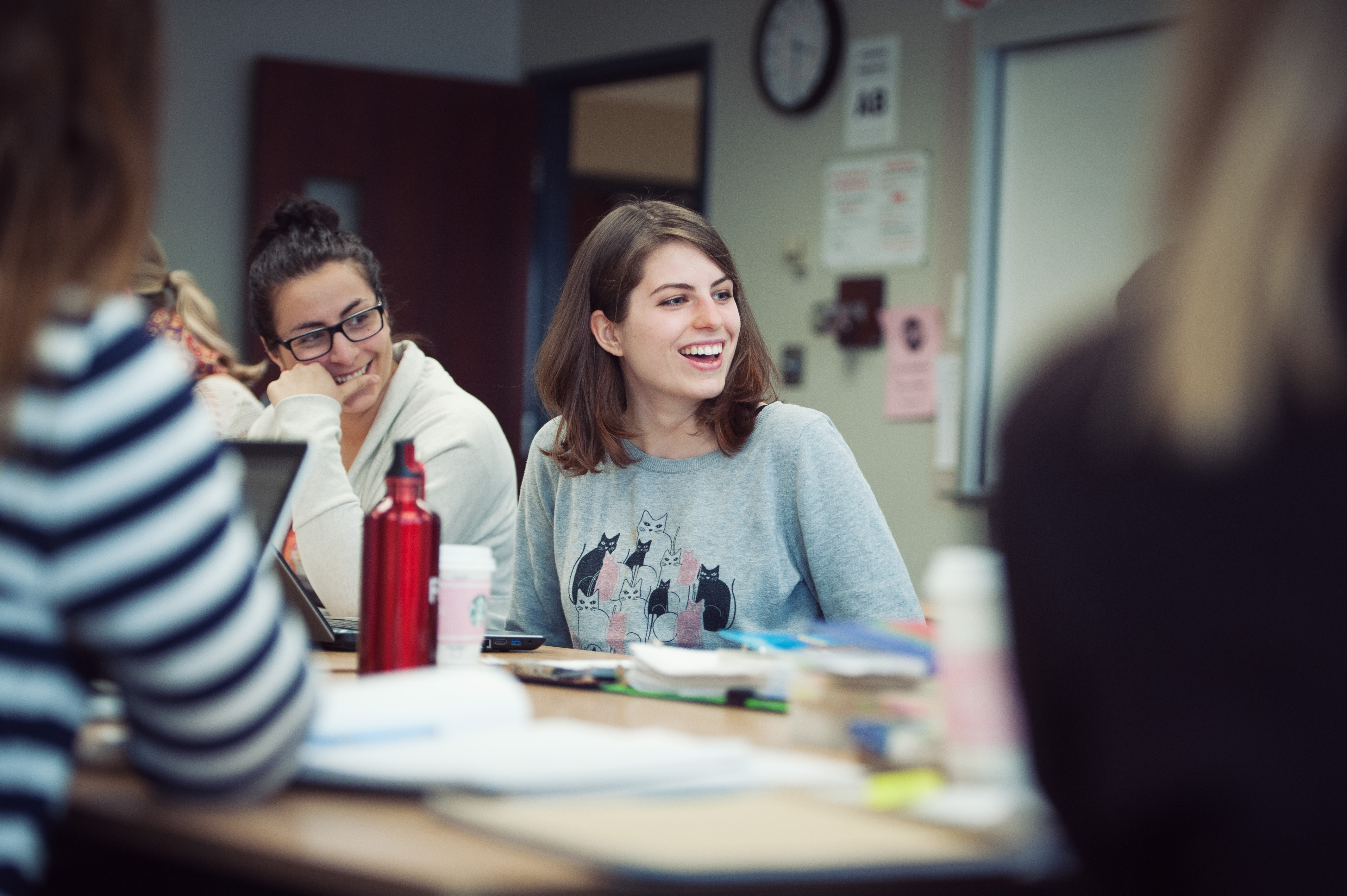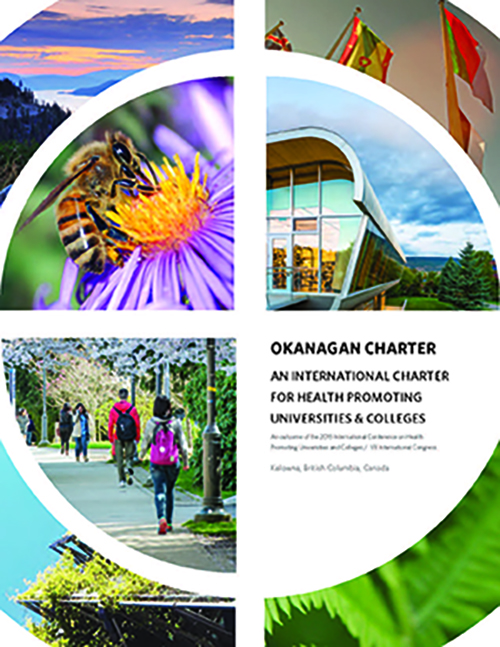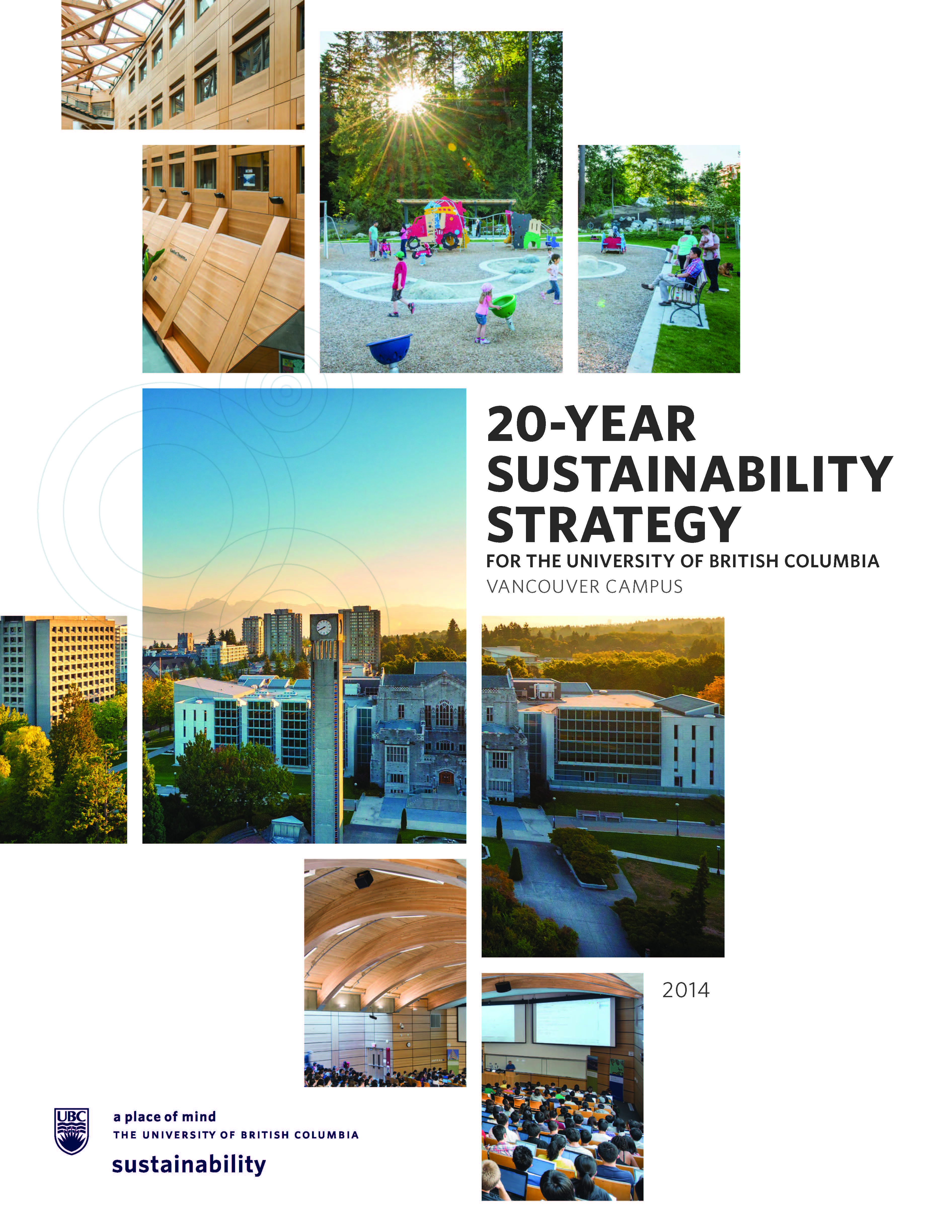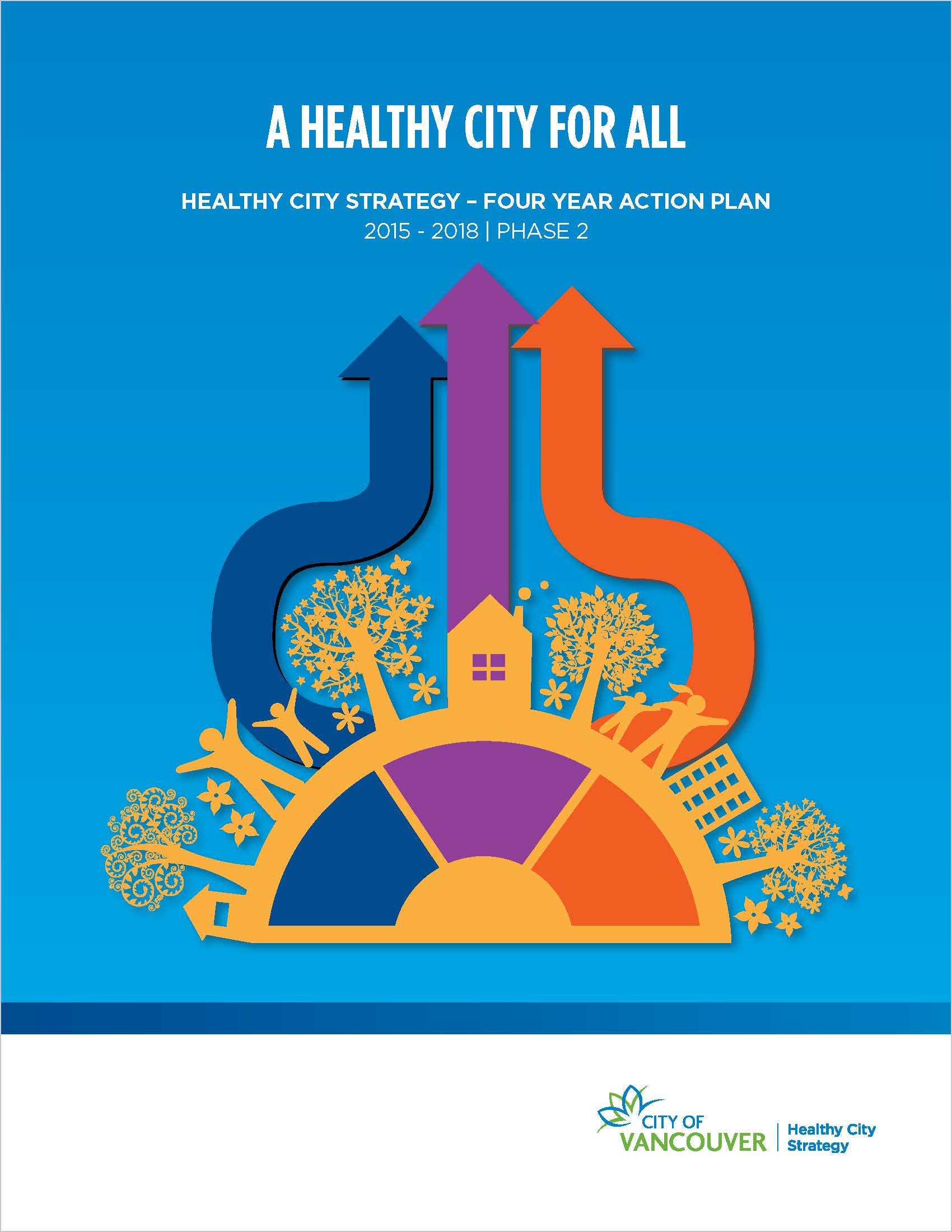UBC Wellbeing was launched in 2014 as a comprehensive process to identify priorities and create a more connected approach to promoting health and wellbeing across academics and operations. Two largely student-led projects — VOICE and Conversations in Wellbeing — directly engaged campus communities and helped inform the wellbeing priorities that are seen today in the Wellbeing Strategic Framework.
Throughout consultation for the UBC Strategic Plan, wellbeing was repeatedly identified by community members as an area of importance for UBC to focus on over the next decade. The Strategic Plan called for the development of a university-wide strategy to address wellbeing on our campuses, and soon after its launch in Spring 2018, UBC began a process to develop it.
Like UBC’s approach to embedding wellbeing, the process for developing the Wellbeing Strategic Framework was collaborative, drawing upon support, expertise, and diversity of opinion from all corners of the university, as well as externally.
Many thanks to the community members, committees, internal and external experts and other stakeholders who contributed their time, talents and perspectives in bringing this strategic framework to life. The final document is one that reflects our shared vision for UBC as a health-and-wellbeing- promoting university where all people, places and communities can flourish.
We look forward to creating a happier, healthier , more sustainable campus community together.
Guiding Documents
The following documents informed the design and scope of the Wellbeing Strategic Framework
UBC’s approach to wellbeing also supports and is informed by several other UBC-wide strategic documents, notably:
Wellbeing Strategic Framework Engagement at a Glance
- 4 focus sessions at UBC Vancouver and UBC Okanagan
- 60 key informant interviews with staff, faculty, and students across our campuses
- 16 working sessions with five wellbeing priority area committees
- 4 workshops with wellbeing focused departments and units
- 10 internal and external expert reviewers
- Thousands of community participants in the VOICE Study and Conversations in Wellbeing over 3 years
- 12 targets for action identified



